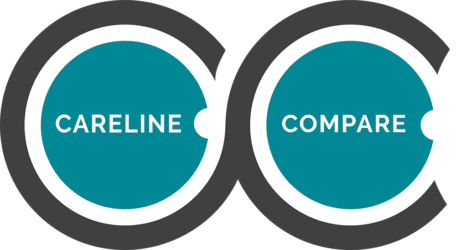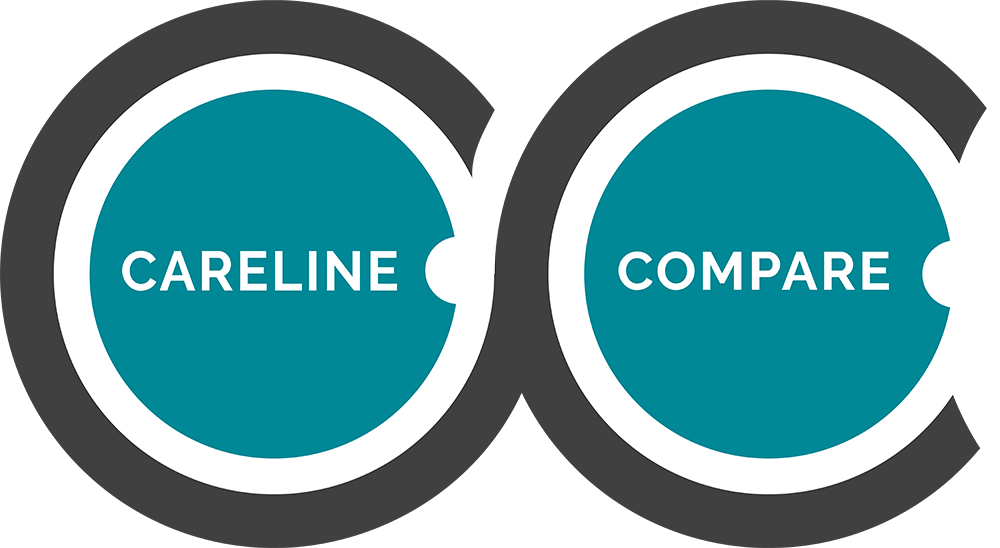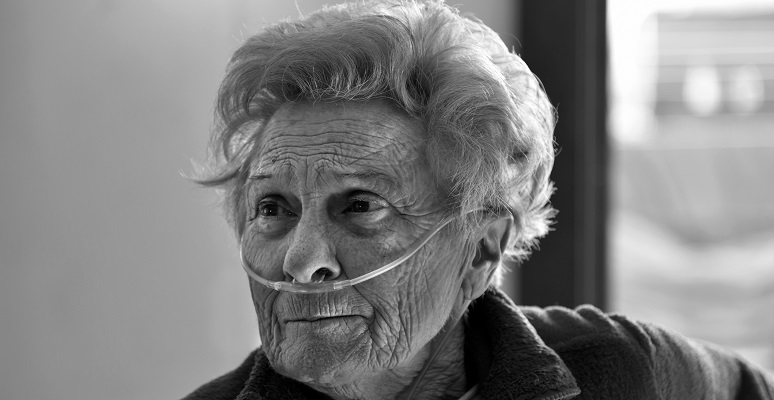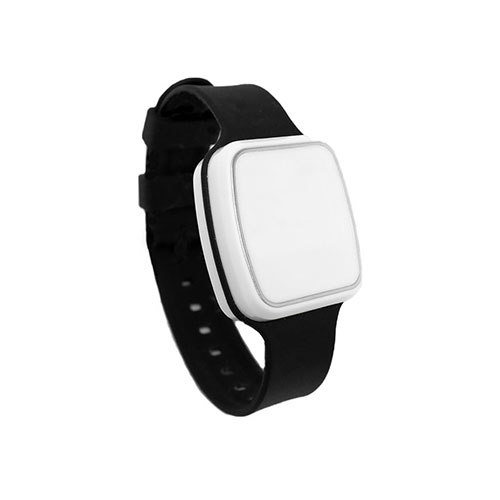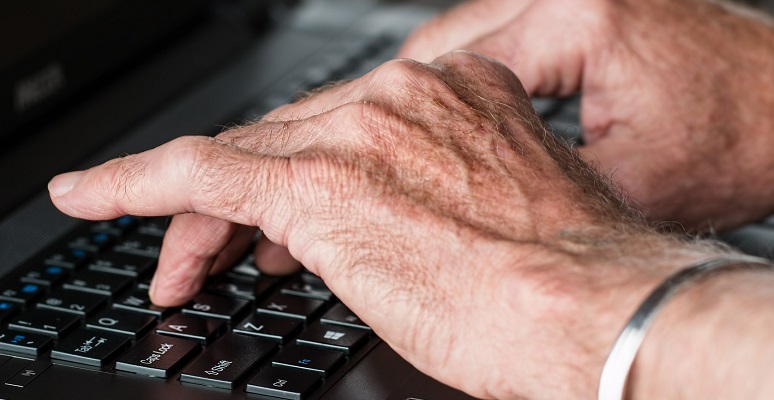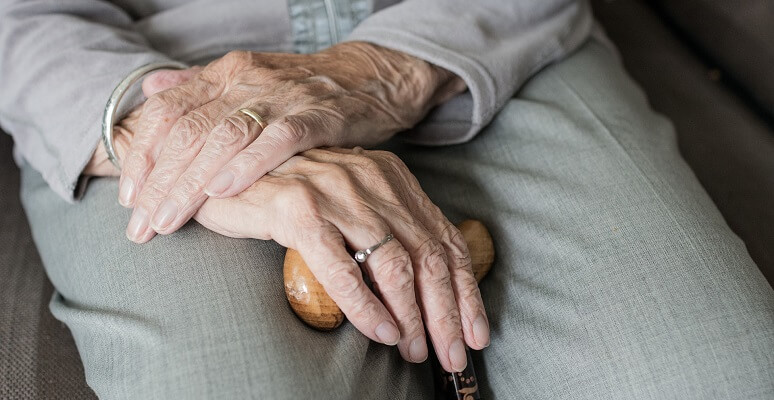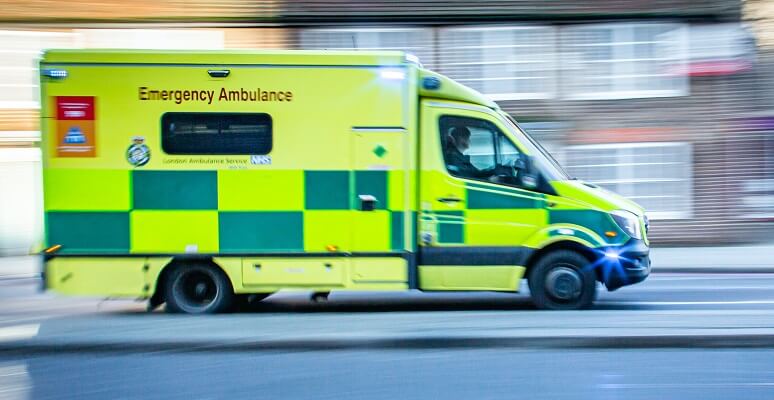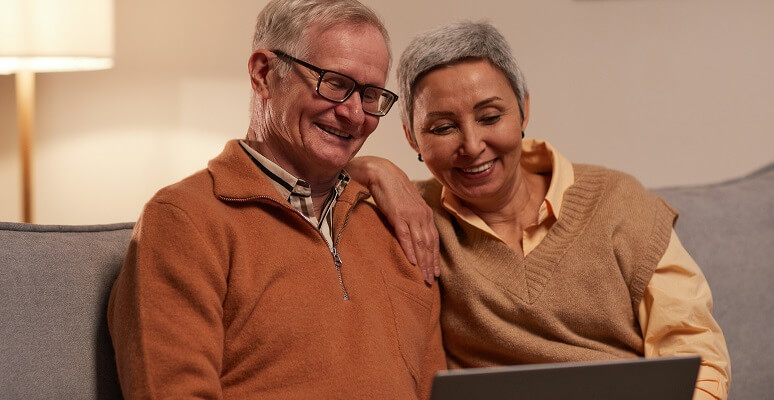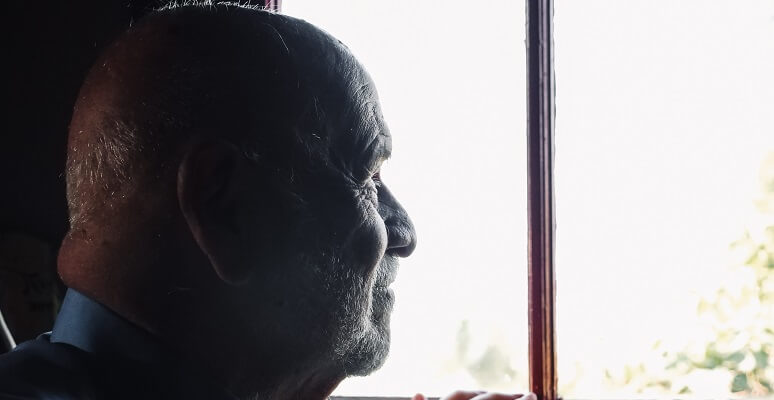Dehydration & Heatstroke: Benefits of Personal Alarms
on theSummer is, generally, a pleasant time of year for everyone. The days are longer, and the weather is – mostly – nice. However, even the joys of summer are not without their risks. Hotter weather means an increased chance of dehydration and heatstroke, which can have serious impacts on your health. Therefore, it is important to take precautions.
Dehydration
You probably know the importance of staying hydrated. In fact, according to the NHS, you should be aiming to drink between 6 and 8 cups of fluid a day. In warmer weather, when you are more likely to sweat, you should aim to drink even more. This is so that your body can function properly.
The human body is between 45% and 75% water. The exact amount varies depending on gender, age, and fitness levels. However, this water level is important for keeping your body working. Much of it is found in your blood but it also helps protect our organs and regulate body temperature. A shortage of water can, therefore, have serious negative effects, especially in warmer weather.
Signs of Dehydration
When you are dehydrated, your body is losing more fluids than it is taking in. Therefore, dehydration is a major risk in hotter weather. The more you sweat, the more you need to drink. If you don’t balance your fluid intake, you may start to notice:
- Tiredness
- Dizziness
- Dry mouth and eyes
- Peeing less often
- Darker pee when you go
Personal Alarms for Dehydration
It’s important to try to avoid becoming dehydrated. However, this is not always possible, especially if you struggle to move around the house. If you start to feel unwell because of dehydration, it is important that you can get help as soon as possible. A personal alarm allows you to request help at the press of a button.
Your provider’s response team will be able to contact family, friends, or neighbours to help.
Heatstroke
If dehydration goes untreated, it may develop into heatstroke. This can have serious medical consequences and could require hospitalisation. The fluids in our bodies aid with heat regulation; this keeps our body functioning properly. However, if our bodies get too hot, our vital organs can be damaged.
The longer heatstroke goes untreated, the more damage is done to these organs. Suffering from heatstroke could result in long-term damage to your brain, heart, kidneys, and muscles.
Signs of Heatstroke
If someone is experiencing heatstroke, it is crucial that they receive medical aid immediately. Call an ambulance if you notice any of the following symptoms:
- High Body Temperature – If their temperature is in excess of 40°C, they are likely to be experiencing heatstroke.
- Fast Pulse – As the body attempts to regulate its temperature, it will pump blood around the body harder, putting strain on the heart.
- Nausea and Vomiting – Sickness is a sign of heatstroke and could also contribute to dehydration.
- Rapid Breathing – A person experiencing heatstroke may breathe fast and shallow.
- Flushed Skin – High body temperature may result in skin turning red.
- Confusion or Irritability – Heatstroke can affect a person’s mental state. Also be on the lookout for slurred speech.
- Fainting – They may lose consciousness because of heatstroke.
If you notice someone is – or you are – experiencing heatstroke, it is important to call for an ambulance. You should also do everything possible to reduce body temperature. Stay in shade, remove clothing if possible, and splash them with water. Sips of water will also help them remain hydrated.
Personal Alarms for Heatstroke
A personal alarm makes it easier to call for help if you are experiencing heatstroke. If you experience any of the symptoms above, activating a personal alarm makes it easy for your provider to arrange help. Some providers also offer fall detector plans, offering additional reassurance if you faint due to heatstroke.
Choosing a Personal Alarm
You want to make sure you are safe. Whether you need some extra peace of mind during the summer heatwaves or just want to know help is available if you feel unwell, personal alarms provide many benefits.
To help you pick the right personal alarm, be sure to read my article on How to Choose a Personal Alarm. Then look through the list of providers. The compare page will help you find the best deal. Finally, you can find other helpful posts like this in the News section.
